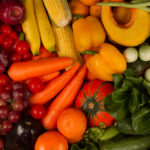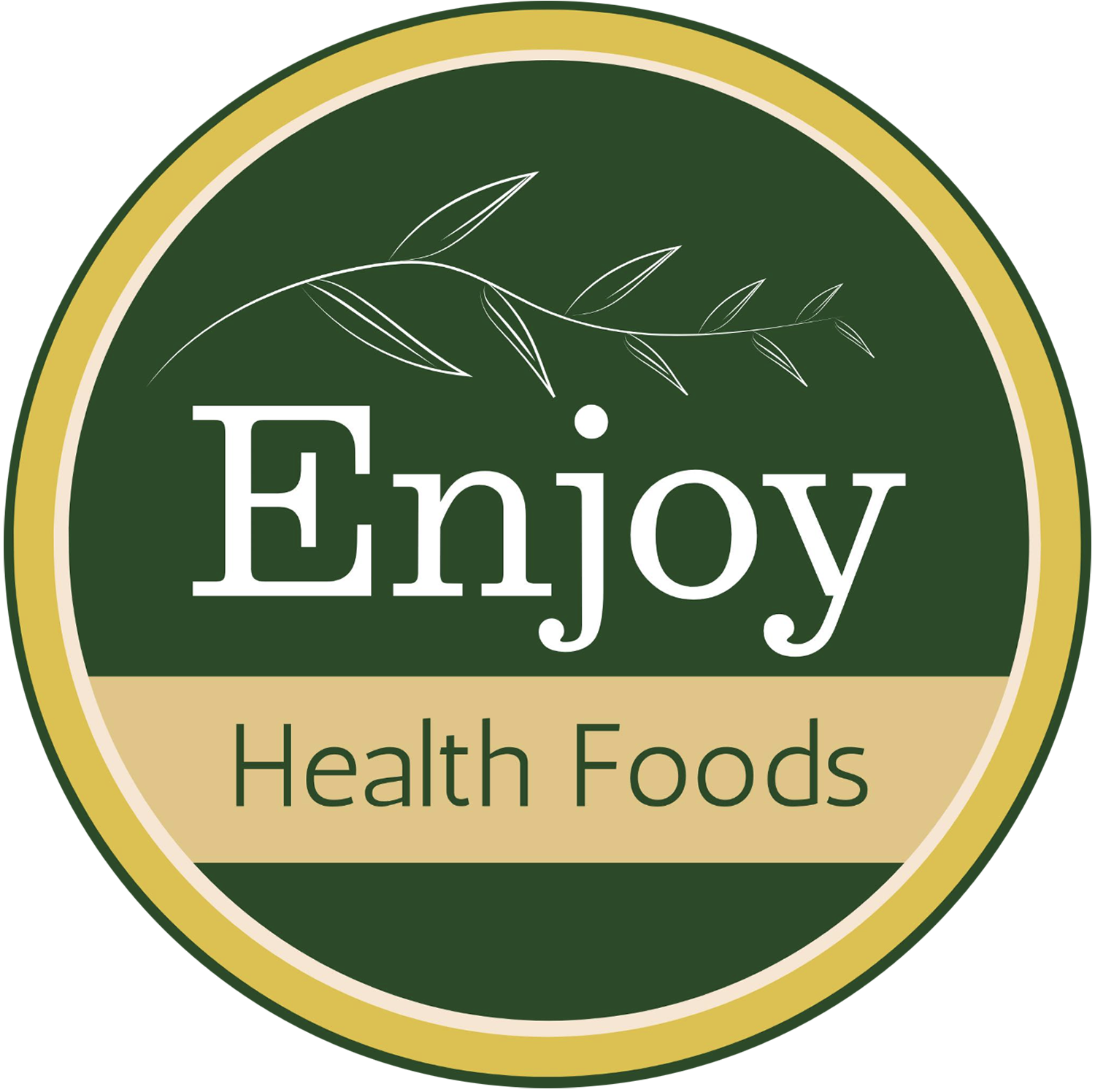
by: Dena Schmidt, staff writer | August 2, 2023
(NaturalHealth365) Incorporating cancer-fighting foods into our daily diet is a powerful step toward preventing cancer. For example, research has highlighted the significance of carotenoids, found abundantly in colorful fruits and vegetables, in reducing the risk of breast cancer.
A Women’s Healthy Eating and Living study revealed that those with higher carotenoid levels and consumption had a 33 percent lower likelihood of developing breast cancer. By embracing a diet rich in these antioxidant-packed foods, we can actively reduce the risk of breast cancer and promote overall health.
Brightly colored vegetables and fruits offer cancer-fighting compounds
One example of a carotenoid is beta-carotene, which can be orange, dark green, or red in color. According to the Institute of Medicine, 3 to 6 milligrams per day can reduce breast cancer risk. Some of the best sources of carotenoids include organic spinach, carrots, kale, collard greens, Swiss chard, red bell peppers, mustard greens, tomatoes, sweet potatoes, winter squash, apricots, mangoes, pumpkin, and cantaloupe.
Other cancer-fighting foods that can help prevent cancer include natural fermented organic (Non-GMO) soy products, like tempeh and high quality foods rich in omega-3s. Omega-3s are found in flaxseed, walnuts, and oily (wild caught) fish such as salmon, mackerel, and sardines; however, they can also be acquired by taking a daily supplement.
A diet that is rich in fiber is also associated with the prevention of cancer. Some of the healthiest high-fiber foods to include in a cancer-fighting diet include organic raspberries, barley, broccoli, cauliflower, turnip greens, beans, legumes, and whole grains.
Reducing the intake of conventionally raised dairy, meats, and processed foods produces positive results
In addition to favoring carotenoid-rich foods and getting enough organic soy and omega-3s, there are certain foods that should be kept out of a breast cancer-fighting diet. Conventionally raised dairy products, red meat, processed foods, and alcohol should be avoided or only eaten rarely to help support breast health. Simply put, these foods tend to be much more toxic – exposing you to many genetically altered ingredients, synthetic antibiotics and hormones that increase the risk of cancer cell growth.
In addition, (healthy) fat intake generally should be about 20 – 30 percent of your diet for ideal health; doing so has been shown to reduce breast cancer recurrence by an average of nearly 25 percent in the Women’s Intervention Nutrition study.
Processed carbohydrates can cause insulin and blood sugar spikes – which can, in turn, stimulate cancer cell growth. While processed carbs and sugars should be avoided, complex carbs like organic quinoa, peas, and lentils will contribute to overall good health. By the way, many foods that contain carotenoids also contain complex carbs.
As an added benefit, foods rich in carotenoids tend to be low in calories and loaded with key vitamins, minerals, and nutrients essential for health. Getting a good amount of these cancer-fighting foods in your daily diet is essential to reducing breast cancer risk, but it can also support your overall well-being.
3 easy ways to boost your carotenoid intake
Eat the rainbow: Prioritize a rainbow of colors on your plate by incorporating a variety of colorful (organic) fruits and vegetables in your meals. Opt for vibrant options like tomatoes, carrots, spinach, sweet potatoes, red bell peppers, and mangoes to boost your carotenoid intake.
Explore carotenoid-rich recipes: Try new recipes that showcase carotenoid-rich foods, such as roasted vegetable medleys, hearty salads, and flavorful stir-fries, to enjoy the health benefits of these nutrient-packed ingredients.
Power up your morning with a nutrient-packed smoothie: Blend up a smoothie with a mix of fruits and vegetables. Include ingredients like arugula, avocados, blueberries or bananas and coconut water to help infuse your smoothie with carotenoids.
Adopting a diet rich in colorful fruits, vegetables, and cancer-fighting foods while avoiding processed and unhealthy choices is a proactive approach to safeguarding breast health and overall wellness. Empower yourself with the right nutrition and embrace the potential of these natural, nutrient-packed foods to bolster your defense against breast cancer and promote a vibrant, healthy life.
Sources for this article include:
NIH.gov
NIH.gov
Oxfordjournals.org
NIH.gov
NIH.gov
NIH.gov
NIH.gov
Naturalmedicinejournal.com
BlockMD.com
